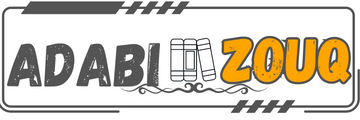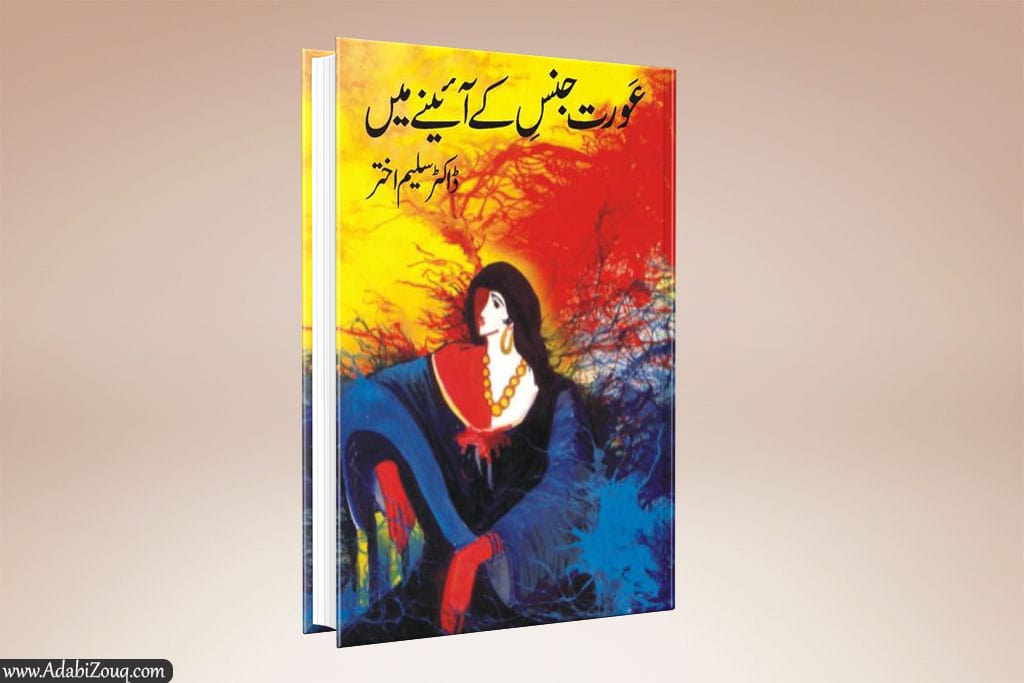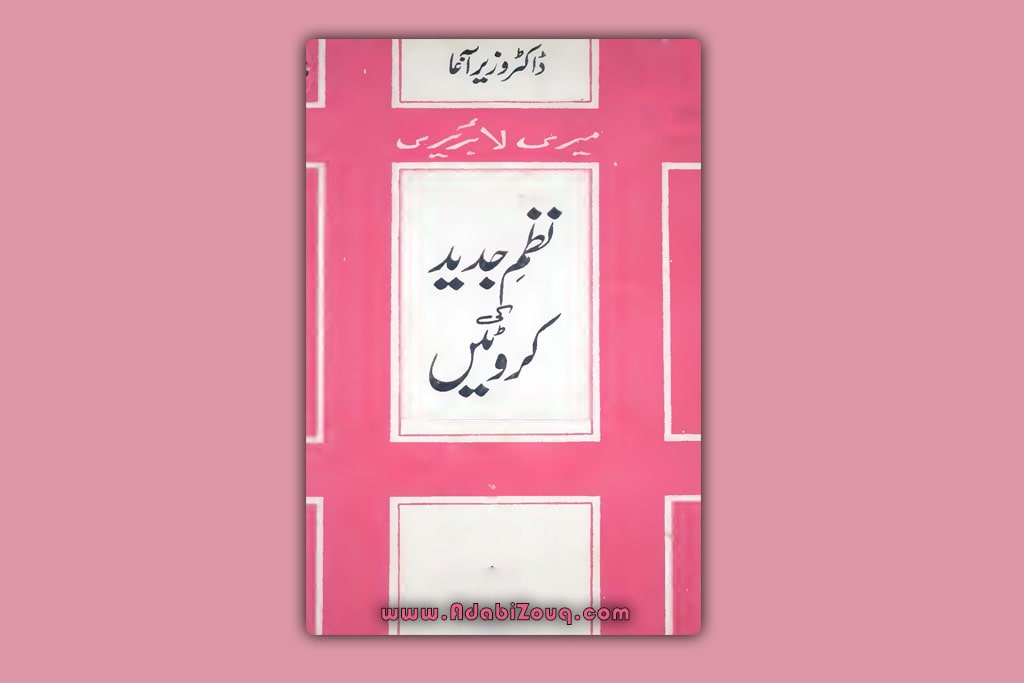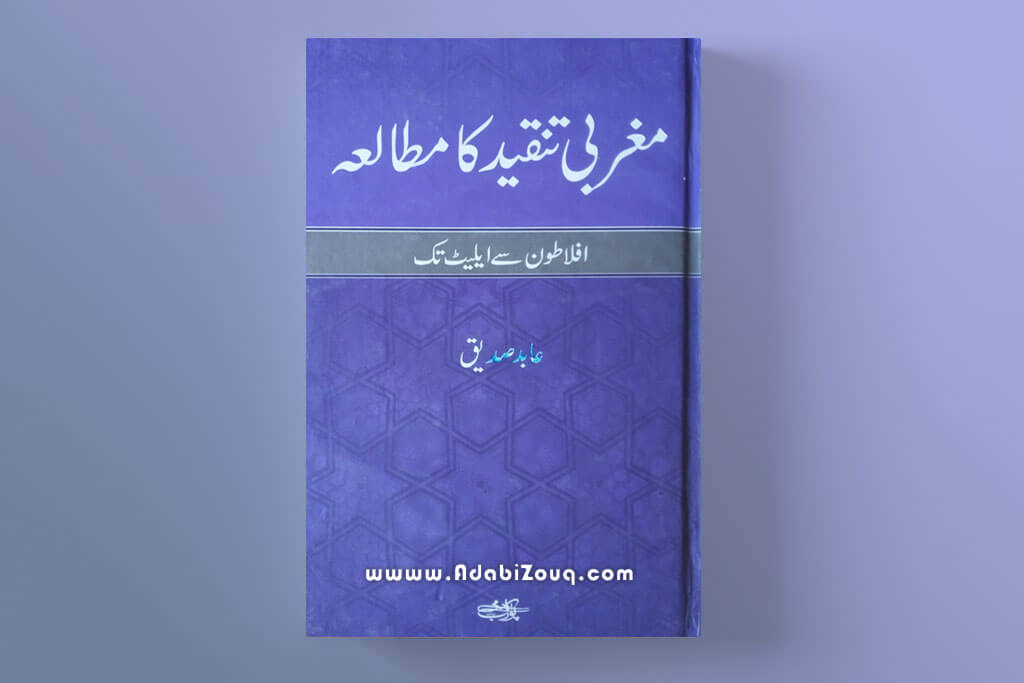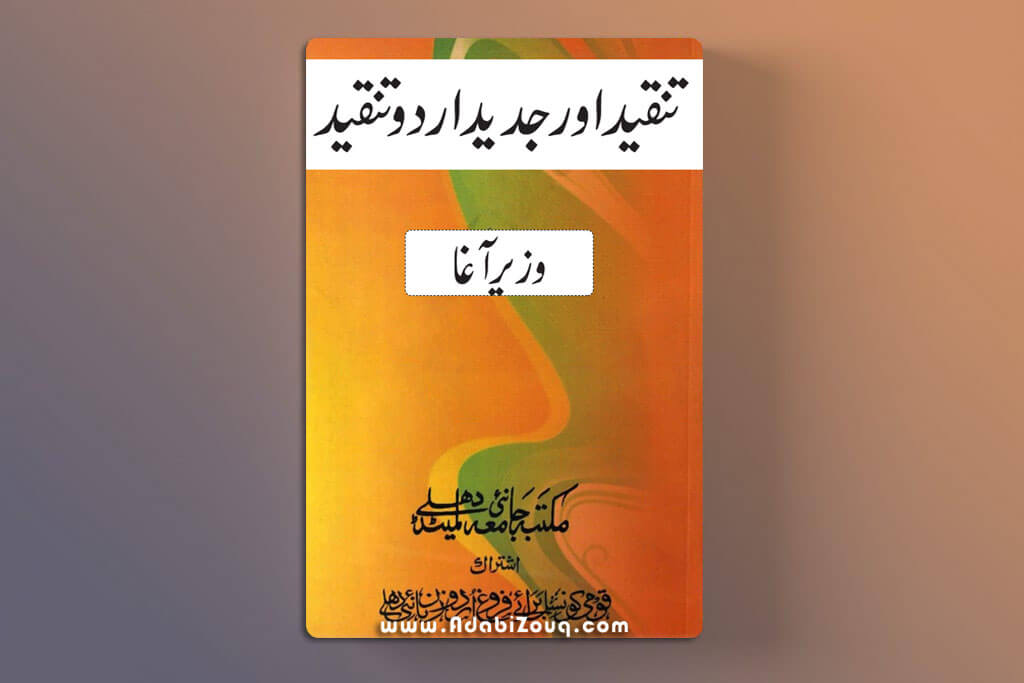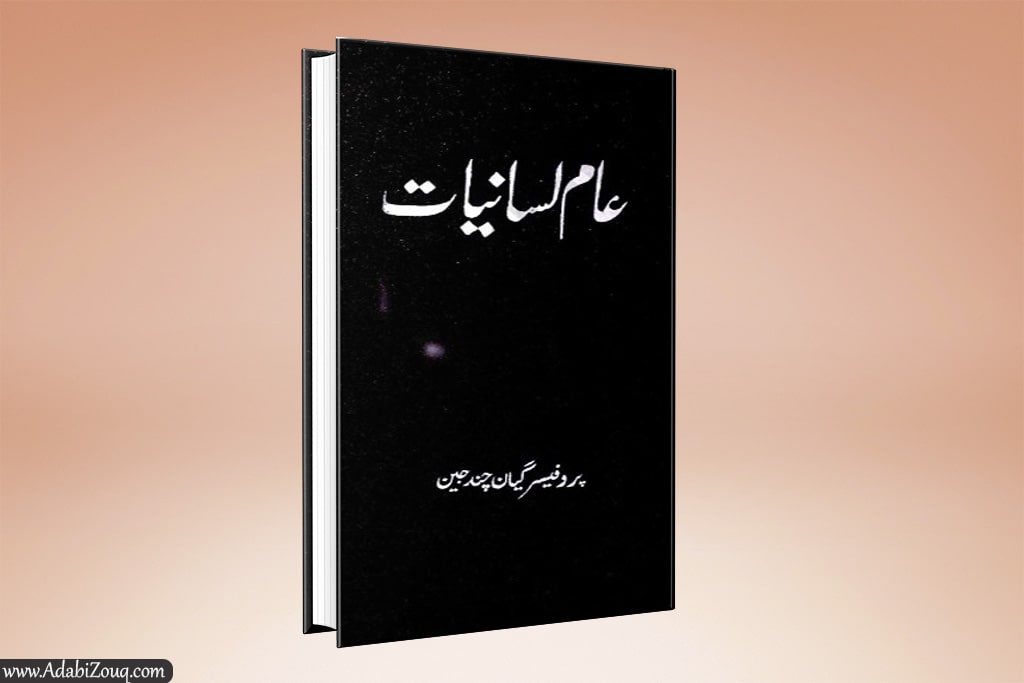Deccan Mein Urdu By Naseer Uddin Hashmi
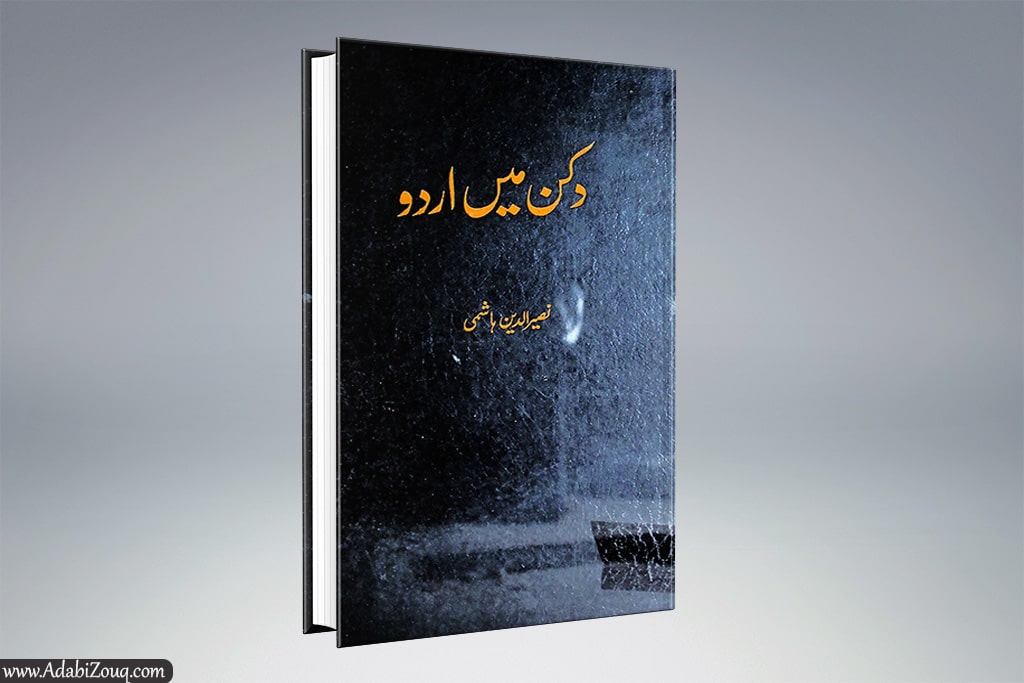
Deccan Mein Urdu(دکن میں اردو) is a book about the historical background of Urdu and how it developed in different locations, especially in Deccan. This book was a huge seller when it was first published in 1922.
Naseeruddin Hashmi(نصیر الدین ہاشمی) was a critic, writer, and research scholar who specialized in Deccan’s dialect of Urdu, called Dakkani, and the region’s culture and history.
Deccan Mein Urdu Book Summary
According to Hashmi Sahib, Urdu was born in Deccan(دکن) because Arabs landed on the southern shores of India and settled there. Their cultures and languages merged and helped shape Urdu, as Arabic words penetrated local dialects.
This book deals with the promotion and development of Urdu literature in the Deccan and its representative poets. Since Deccan was the center of literature and the rulers of the Nizam Shahi government were not only literary lovers but they themselves were Diwan poets and writers.
Therefore, a large group of poets and writers used to gather here. As a result, along with Persian, Urdu literature also got a chance to flourish and flourish. The book became very popular when it came out in secret. Initially, it was only a few pages long, but gradually it reached over a thousand pages.
In this book, first, the linguistics of Urdu literature is discussed and then the whole book is divided into periods. First, the Urdu of the Bahmani era has been made the subject of discussion and its representative poets have been discussed.
After that, the Qutb Shahi era and its poets have been made the subject of speech and both prose and poetry have been examined. Then Adil Shahi’s prose and poetry are followed by Mughal Urdu and then the Sultanate of Asifia. All of the books are devoted to poetry and literature. This is an excellent book for learning about and studying Deccan literature.
Read it: Urdu Shairi Ka Siyasi Aur Tareekhi Pas Manzar
Conclusion
Deccan Mein Urdu by Naseeruddin Hashmi is a seminal work chronicling the origins and development of Urdu language and literature in the Deccan region. Drawing on extensive research, Hashmi provides historical context about the evolution of Dakkani Urdu through the infusion of local dialects with Arabic.
By dividing the book into literary periods and analyzing representative poets, he delivers a comprehensive overview of Deccan’s rich contribution to Urdu poetry and prose over the centuries.
From the Bahmani to the Asif Jahi era, Deccan Mein Urdu covers the linguistic and literary landscape of the region. Hashmi’s scholarship cemented the importance of Deccan in the Urdu canon. For those interested in understanding the roots of Urdu and its journey, this book is indispensable.
